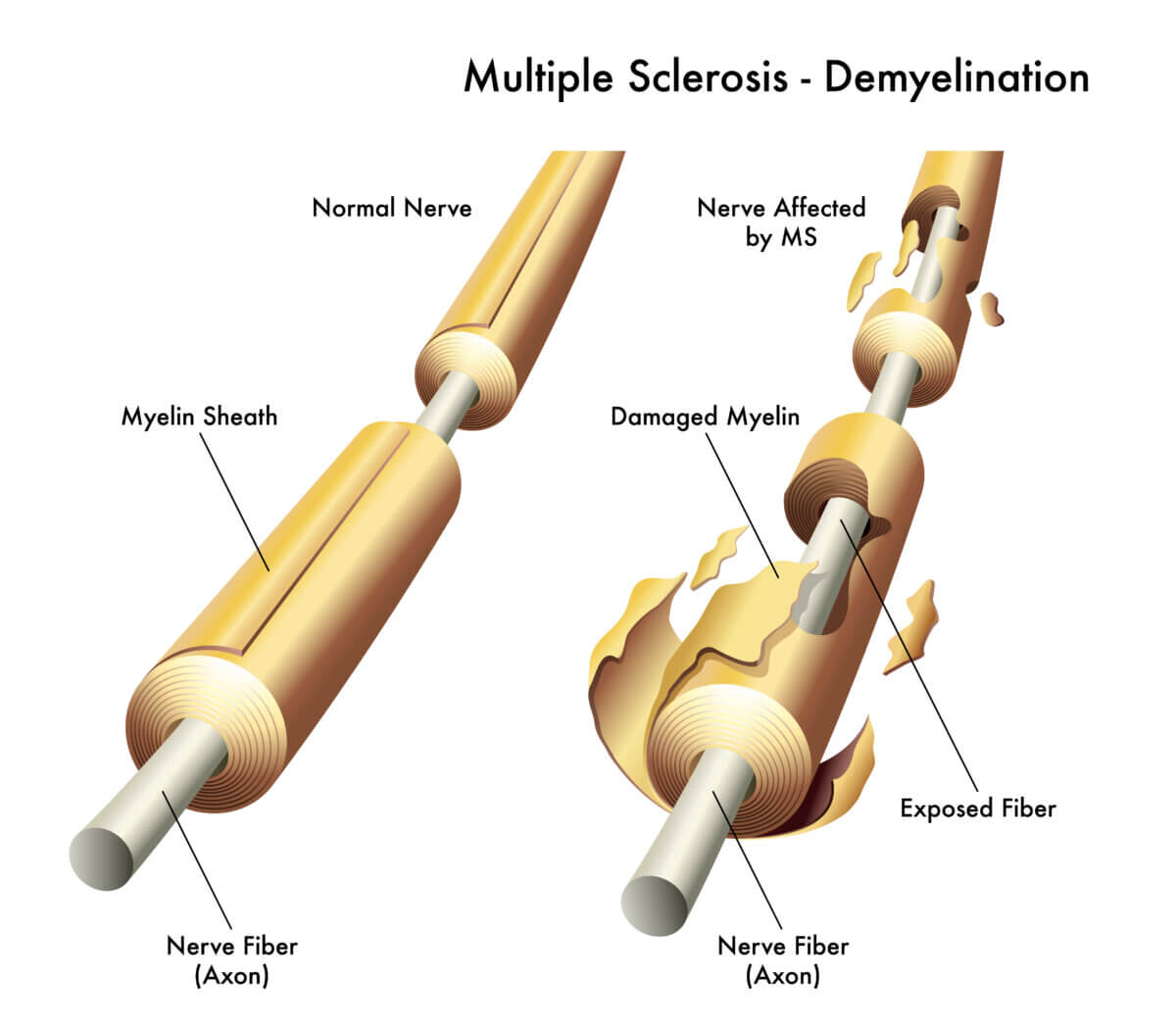LINKÖPING, Sweden — Pregnant women may hold the key to overcoming autoimmune diseases such as multiple sclerosis (MS) and arthritis. Researchers have observed that women with MS experience significant improvement in their symptoms during pregnancy, but their condition often worsens postpartum. Researchers from Linköping University in Sweden have investigated this phenomenon, focusing on changes in the immune system during pregnancy, with the hope of paving the way for new treatments.
Autoimmune diseases like MS and arthritis occur when the immune system becomes overactive and damages a patient’s healthy tissues. In MS, this results in the immune system attacking the fatty sheath around nerve fibers, leading to inflammation, nerve damage, and chronic pain.
The study reveals that during pregnancy, the mother’s immune system becomes more tolerant to prevent the rejection of the fetus, which is partly genetically derived from the father. This tolerance is reflected in a 70 percent reduction in MS symptoms during the last trimester of pregnancy, a pattern also seen in other autoimmune conditions such as rheumatoid arthritis.

To understand the mechanisms behind this symptom reduction, the research team compared 11 women with MS to seven healthy women, analyzing blood samples taken before, during, and after pregnancy. They focused on T cells, crucial components of the immune system that also drive MS and play significant roles during pregnancy. The study found networks of interacting genes within the T cells that change during pregnancy, many of which are linked to MS and key immune processes.
“What was possibly most striking is that we couldn’t find any real differences between the groups during pregnancy, as it seems that the immune system of a pregnant woman with MS looks roughly like that of a healthy pregnant woman,” says Sandra Hellberg, an assistant professor in the Department of Biomedical and Clinical Sciences at Linköping University, in a media release.
“We can see that the changes in the T cells mirror the amelioration in relapse frequency. The biggest changes happen in the last third of pregnancy, and this is where women with MS improve the most. These changes are then reversed after pregnancy at the point in time when there is a temporary increase in disease activity. It is important to stress that disease activity thereafter goes back to what it was prior to the pregnancy.”
The affected gene networks during pregnancy also include those regulated by pregnancy hormones, especially progesterone. The researchers are now experimenting with these hormones in the lab to replicate the observed effects, aiming to develop potential treatment strategies.
This research incorporates a method called network analysis, developed by Professor Mika Gustafsson at Linköping University. Network analysis helps identify genes that interact significantly with targeted genes. It often reveals that other genes in the network are abnormally regulated, indirectly impacting critical disease processes.
“Such insights can be used to find alternative medication and find new biomarkers to be able to differentiate between subgroups of a disease. We have used this strategy successfully for analysis in research into for instance allergy and multiple sclerosis,” concludes Mika Gustafsson, a professor of Bioinformatics, who is now making the analysis available to other scientists through a newly founded company.
The study is published in the Journal of Neuroinflammation.
You might also be interested in:
- Bliss-inducing compound similar to marijuana may treat painful autoimmune disease
- Extra virgin olive oil consumption during pregnancy boosts mother’s breast milk quality
- Depression and anxiety may be the first symptoms of multiple sclerosis
South West News Service writer Jim Leffman contributed to this report.




